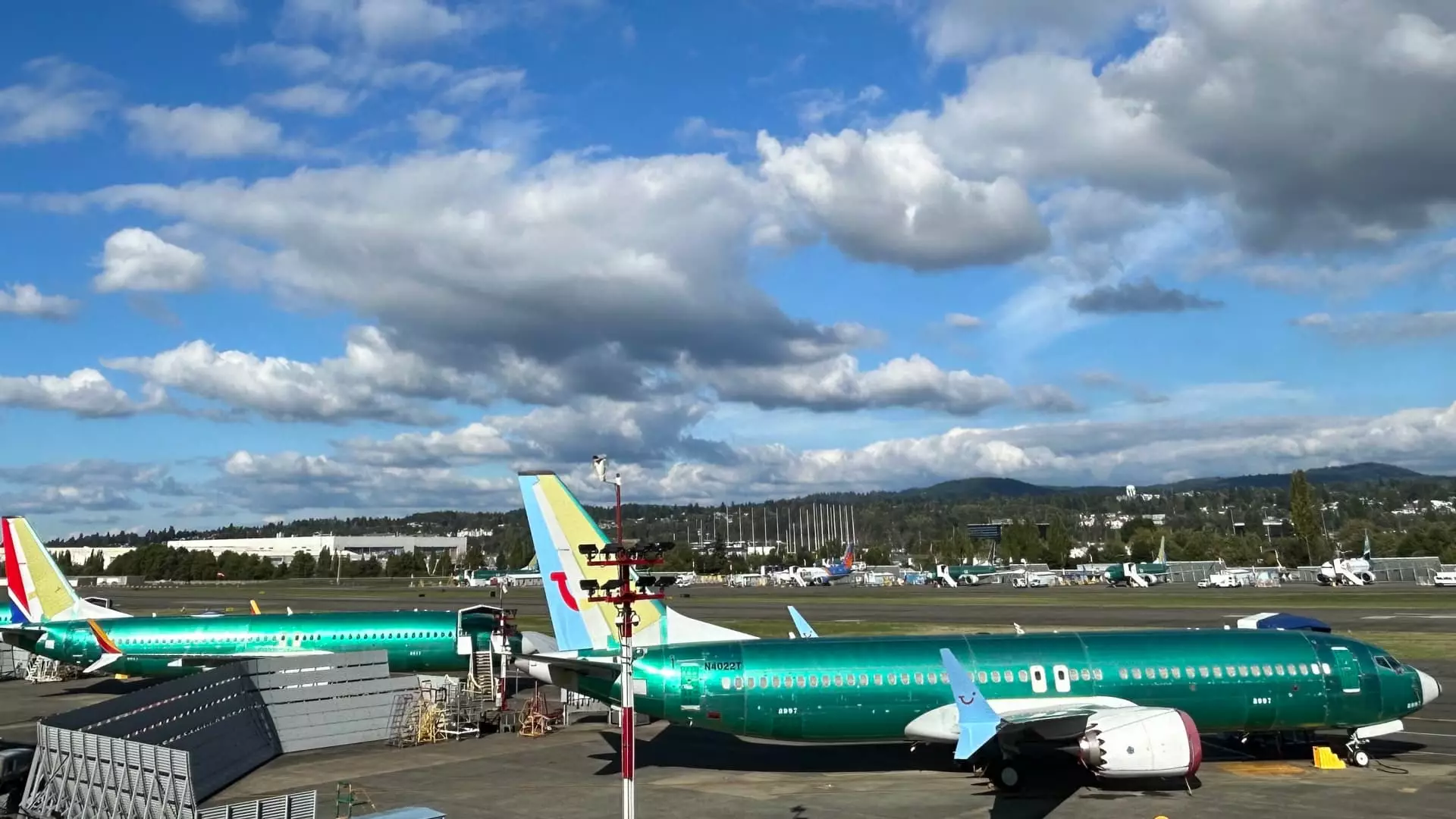The saga of Air Force One continues to unfold as President Donald Trump openly voiced his dissatisfaction over delays in the delivery of two new Boeing 747 jets meant for presidential travel. Originally negotiated during his first term at a staggering price of $4 billion, these jets are now shrouded in uncertainty regarding their actual availability for use. With a staggering $2 billion in cost overruns logged to date, the situation has raised eyebrows and incited concerns about accountability within the aerospace industry.
Contractual Negotiations and Financial Implications
The intricacies of defense contracts wield significant implications for both governance and fiscal responsibility. The agreement struck by Trump for these new Air Force One aircraft was expected to modernize and elevate the standard of presidential travel. However, as timelines stretch and costs balloon, questions emerge regarding efficiency and management within Boeing. The unsettling notion that a vital component of national transport could slip into disarray reflects poorly not only on Boeing but raises broader questions about federal contracts and oversight mechanisms in place.
Elon Musk’s Involvement: A Double-Edged Sword?
In an interesting twist, the involvement of tech mogul Elon Musk has been highlighted as a potential catalyst for expediting delivery. Musk, known for his lean, innovative approaches at companies like SpaceX, is assisting Boeing in navigating regulatory and operational impediments that have bottlenecked production. Yet, his intervention also renders the entire situation more surreal. A competition exists between Boeing, a traditional defense contractor, and Musk’s formidable SpaceX, which signifies the tension between legacy systems and progressive models in manufacturing and service delivery. Ortberg praised Musk as a “brilliant guy,” which underscores the reliance on external expertise in an industry already analyzing its internal failings.
The Quest for Alternatives: Presidential Pressures and Options
In response to these ongoing challenges, Trump has hinted at exploring options outside of Boeing’s offerings, mentioning the possibility of “buying a plane or getting a plane.” This sentiment encapsulates the frustration at the highest levels of government officials who rely heavily on timely deliveries for critical services. Such statements not only underscore the urgency for alternate solutions but also send ripples through the aviation and defense sectors, considering the potential implications for future contracts.
While President Trump’s frustrations are front and center, they are emblematic of wider challenges plaguing Boeing as it struggles with an array of operational crises. These include a notorious incident involving a significant machinery fault earlier this year that further delayed aircraft deliveries, marking another episode in Boeing’s storied history fraught with setbacks and mishaps. However, some industry figures are expressing cautious optimism. Chiefs of airline companies, like United’s CFO Mike Leskinen and Southwest Airlines’ CEO Bob Jordan, have noted a potential turnaround in Boeing’s performance. They perceive a shift toward reliability, but the road ahead remains long, and trust is not easily restored after a series of disappointments.
The predicament surrounding Air Force One exemplifies the broader systemic issues inherent in aerospace manufacturing and defense contracting. It highlights the need for enhanced accountability measures, transparency, and innovative practices that could alleviate such delays in the future. While the government may seek alternative aircraft in the short term, the continued partnership with established manufacturers like Boeing remains critical for national interests. The dynamics of innovation driven by leaders like Elon Musk might just be the key to unlocking a more efficient and responsive aerospace sector, paving the way for a modernized fleet that meets the high stakes of presidential expectations.


Leave a Reply